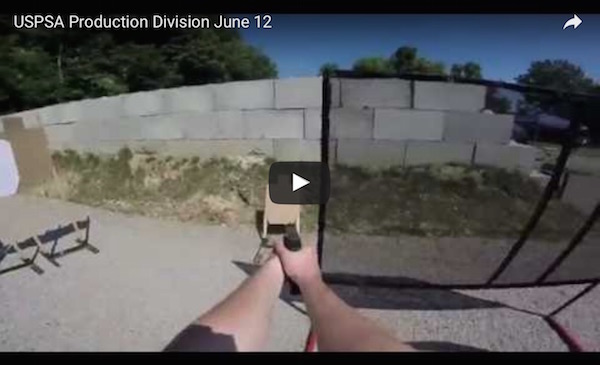By Kathy Jackson of Cornered Cat
Roughly three or four years after I first began learning to shoot, I met an older gentleman – Jim – who had a profound influence on my shooting development. Jim bounced into the room on the first day of a shooting class I was taking, and he was loudly enthusiastic about another class he’d taken just a week or two before we met. “That class was amazing!” Jim said, and went on to tell the group of us standing there all about that other class: who the instructor was, what he taught and why he taught it, how he’d shown this old guy a new technique he’d never seen before. Jim was very excited about the new technique, and told me that he thought it might save a few lives.
At the time, Jim was 72 years old. He’d also been around guns his entire life, from the time when he was very small. Not only that, he also held several regional and even national titles in competition shooting. He held instructor credentials in several different disciplines, and had worked as a law enforcement trainer for a number of years. During his law enforcement career, he’d been the victor in several gunfights. If anyone could claim they knew so much that taking a class was just a waste of his time and money, Jim would be that guy.
Despite all that, Jim also believed – strongly! – that life was full of new things to learn. So he kept exploring new thoughts, new ways of doing things with a firearm, and kept taking classes from other people right up until his untimely death in a car accident at age 76.
Whenever I hear an old guy saying he doesn’t need to take a class because he “grew up around guns,” I also hear Jim’s voice telling us what he’d learned the week before.
When I meet a newly-minted instructor who simply won’t ask any questions where others might hear because she thinks she’ll lose her students’ respect if she takes the learner’s role, I think of Jim and the great respect his students had for him.
When someone tells me they already know as much as they need to know about using firearms for self-defense, I think of Jim and his eager enthusiasm for learning more or better ways to save innocent lives.
Jim’s last name was Cirillo. It’s safe to say, Jim Cirillo knew a thing or two about guns. And if that man, with his background and at that stage of his life, thought there were still new things he could learn, what does that say about folks who think they already know all that stuff and don’t need anyone else to teach them anything?
This article first appeared at Cornered Cat and is reproduced here with permission.

